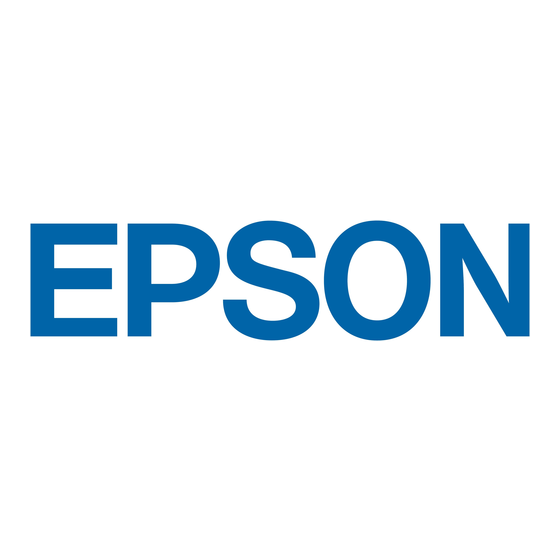Epson PowerLite Cinema 500 Manuel - Page 6
Parcourez en ligne ou téléchargez le pdf Manuel pour {nom_de_la_catégorie} Epson PowerLite Cinema 500. Epson PowerLite Cinema 500 13 pages. Release of emp ns connection for windows & mac upgrade from v2.50 to v2.51
Également pour Epson PowerLite Cinema 500 : Manuel de l'utilisateur (42 pages), Manuel d'utilisation (36 pages), Brochure (2 pages), Manuel d'utilisation (47 pages), Liste des pièces (1 pages), Manuel de l'utilisateur (1 pages), Bulletin d'information sur les produits (25 pages), Bulletin d'information sur les produits (22 pages), Bulletin d'information sur les produits (28 pages), Bulletin d'information sur les produits (41 pages), Bulletin d'information sur les produits (15 pages), Bulletin d'information sur les produits (22 pages)

